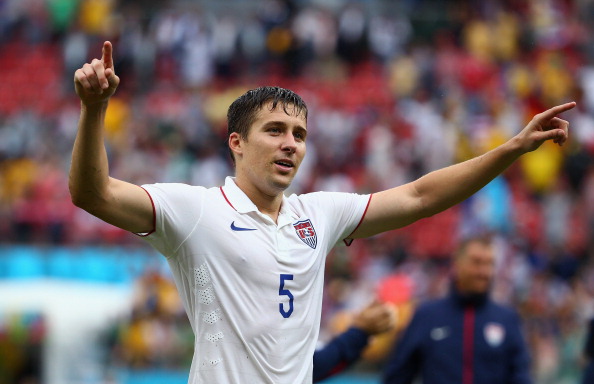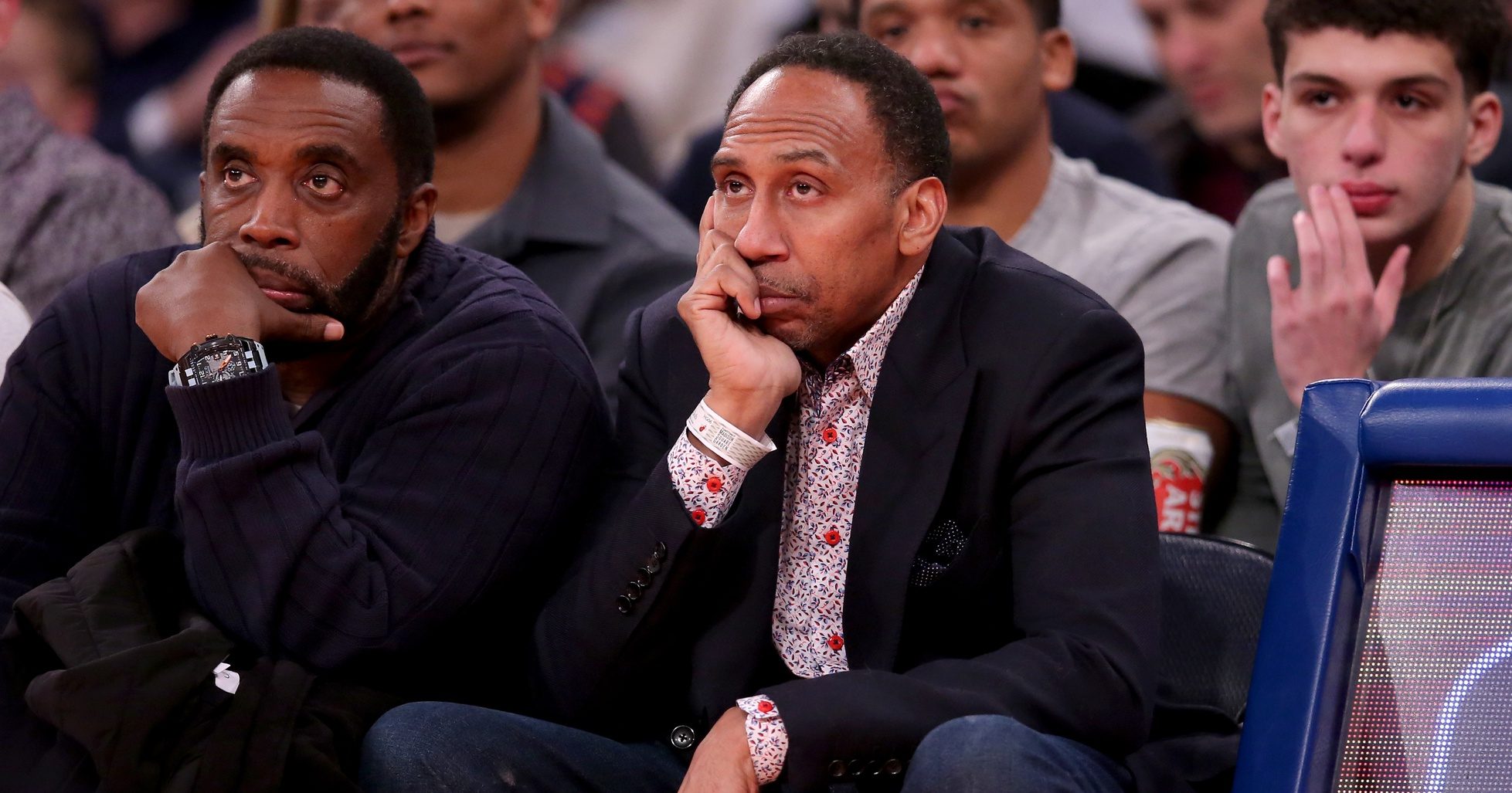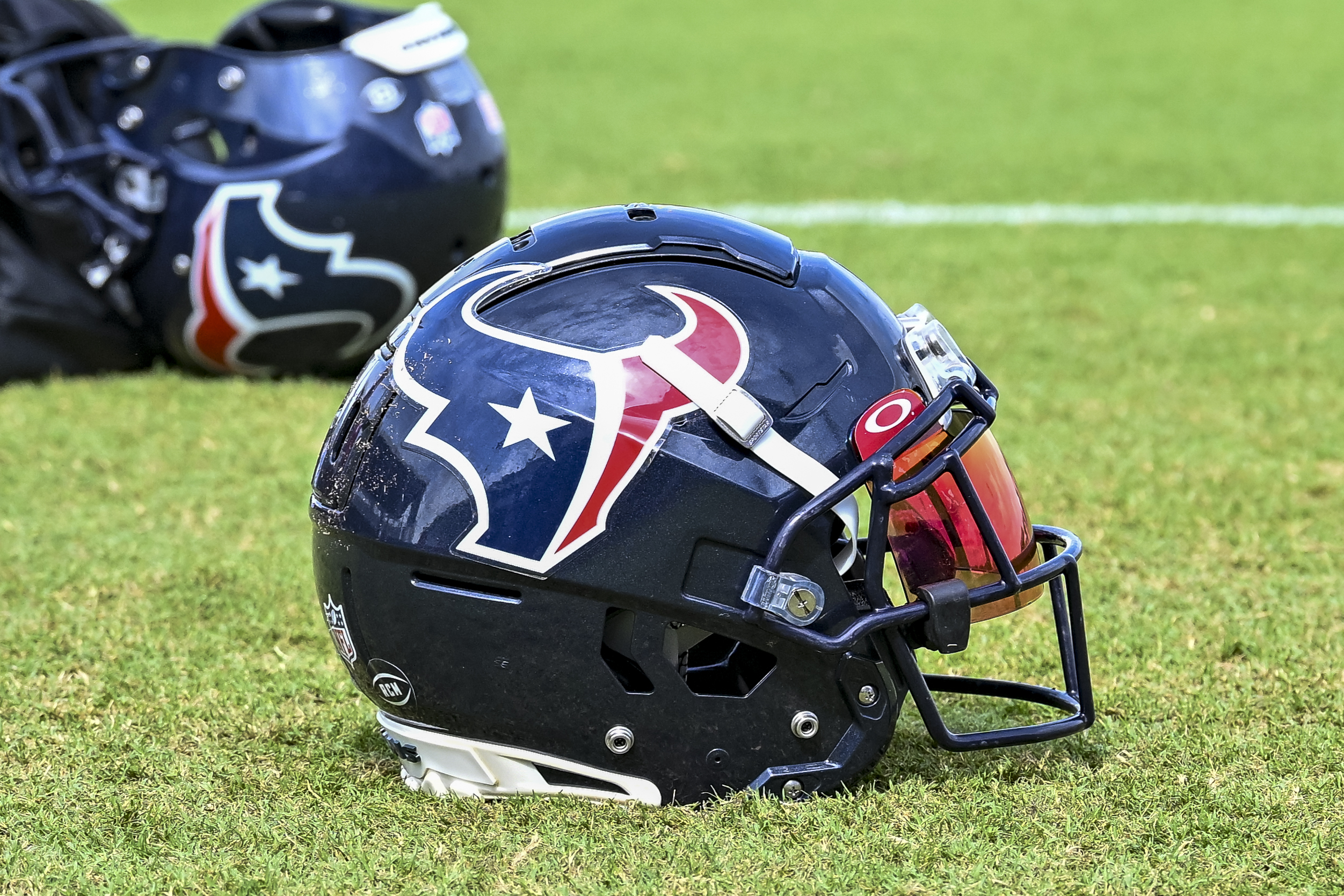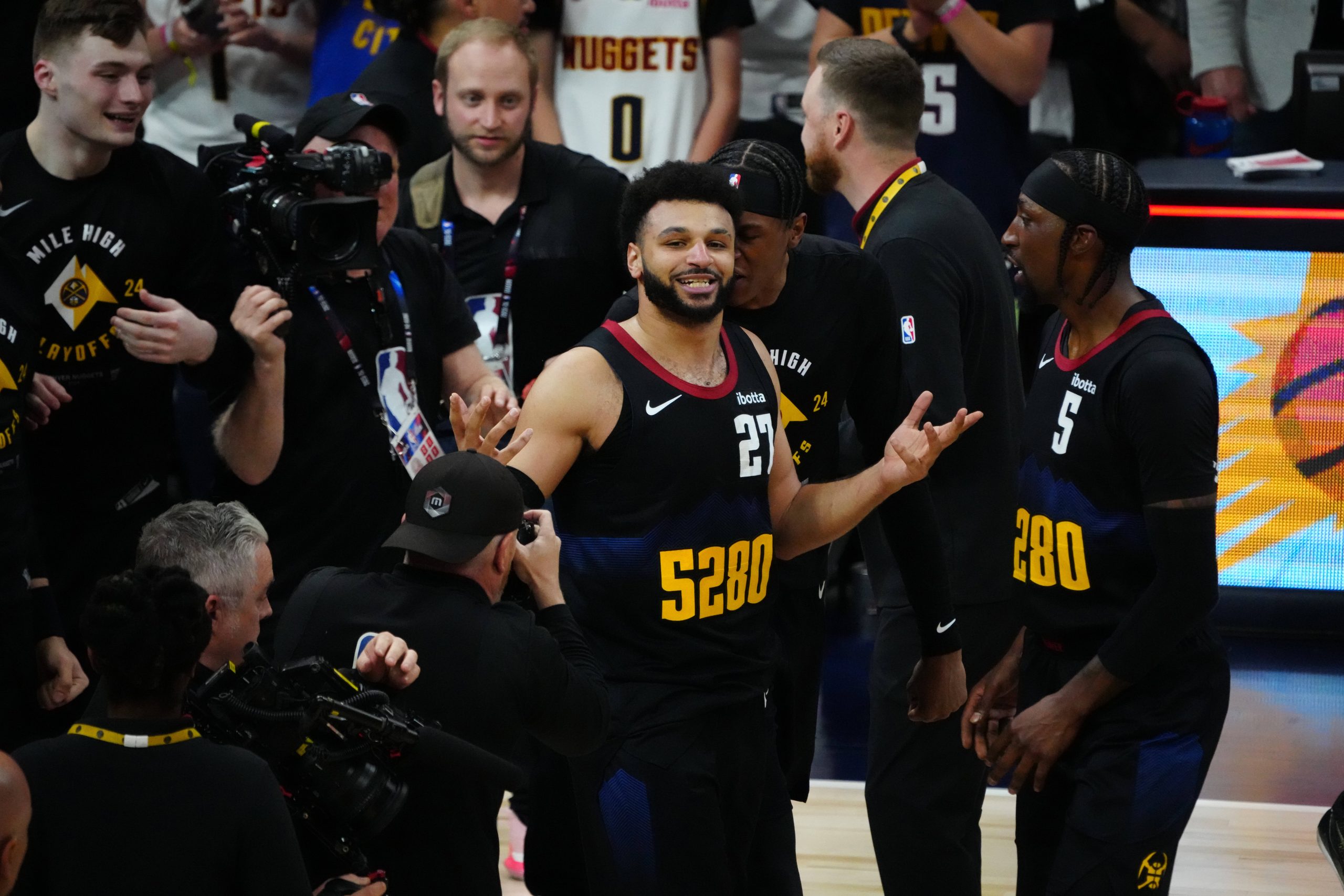If someone were to describe Matt Besler, he may be one of the most focused and competitive people in soccer. From the start of his soccer playing career, he has had to prove people wrong. The quiet and unassuming captain of Sporting Kansas City isn’t going to be mistaken for the flashiest player on the field, but he is the kind of confident and reliable leader that every team must have in order to succeed.
Besler has shown this in all levels of soccer. From high school to Notre Dame to Sporting KC to the U.S. Men’s National Team, Besler had doubters on each level but quickly shut them up when he showed what he could do on the field. A two-time CONCACAF Gold Cup, three-time US Open Cup and 2013 MLS Cup champion, Besler has certainly tasted success.
Over the past year, Besler has been writing a book. Titled No Other Home, it is a book that isn’t so much an autobiography but more of a self-help book about leadership and motivation where Besler uses his life experiences to elaborate on what he says. Besler had always been interested in writing and even wrote a few guest blog posts on various sites over the years. But Besler got the idea to seriously start writing a book after suffering a concussion in March 2016. Besler’s doctors told him that writing his thoughts in a journal would help the recovery process of having a concussion and wrote the kinds of posts you’ll see in the book.
Because of that, Besler does a great job of keeping each story short so it’s not an overwhelming read. This isn’t a typical 200-page book with 10-point font and only a few chapters. Each story averages a few pages and there are photographs, as well as quotes from Besler’s friends and family throughout the book. This is quite literally a collection of blog posts organized into chapters and turned into a book that is suitable for all ages.
Due to the format of the book and that it doesn’t consist of a linear timeline of Besler’s life, that may result in rapid transitions from different parts of Besler’s life which could potentially be disorienting at first. Nevertheless, each chapter is separated by overarching topics (family, inspiration, the 2014 World Cup, youth sports, parenting, etc.) and each chapter stands alone in that each can be read independently of each other. Even if you are the most diehard soccer fan or you have never even heard of Matt Besler, you will be able to take something out of this book that you can use to hopefully better your life.
I was given an advance copy and got to talk to Besler about his book over the phone. We talked about the writing process, Besler’s friendship with Graham Zusi, his advice to players in terms of going to Europe to play or staying in the United States and about that night in Trinidad and Tobago where Besler suffered maybe the greatest loss in his soccer career. Besler’s book, No Other Home: Living, Leading, and Learning What Matters Most, releases November 7 and is available for preorder on Amazon as well as Google Play and Apple iBooks.
Phillip Bupp: What I noticed after reading your book is that this isn’t a typical chronological autobiography. It’s more of a self-help/leadership/motivational read where you use your life experiences to shape what it is you’re discussing. I know you mention this at the start but what made you decide that now was the right time to write a book and why did you choose to write it in this fashion?
Matt Besler: Well, I knew from the very get-go that I didn’t want to do the traditional, chronological autobiography. It didn’t interest me to do that and not to say that I think my story is boring, but I think if people want to find that information in today’s world, they can log onto the internet and read about that stuff.
And so I knew right away that I didn’t want to do something traditional, what you would typically think of an athlete writing a book. So I made that clear from the start. And so we were coming up with ideas of what a book might look like and I had written a couple of blog posts from previous years. One was on MLSSoccer.com, another was on The Players Tribune and I think another one was just like free writing [an open letter in the KC Star announcing Besler was staying with Sporting KC]. And I had gotten some positive feedback from those blogs.
And so that was the original idea. “Hey, why don’t I just write some, basically like blog entries and we’ll turn it into a book?” And that was one of the challenges that we had was, “How do we organize all these different journal entries, these blog posts and how do we make it flow and put them all together and make chapters and turn it into a book?”
So that was why we brought on Patrick Regan who is an actual author because he’s had experience with how to organize these thoughts and so that’s what he helped me with.
PB: How did you find the process of writing your book?
Besler: Oh, it was eye-opening, for sure. I have a great appreciation for authors, for publishers, for editors. I knew that a lot went into making a book but I never understood just how much goes into it. There were things like format, page style, fonts, you name it, there’s a lot of details that go into it.
But at the end of the day, I learned a ton about the whole process so I’m very thankful I had that opportunity.
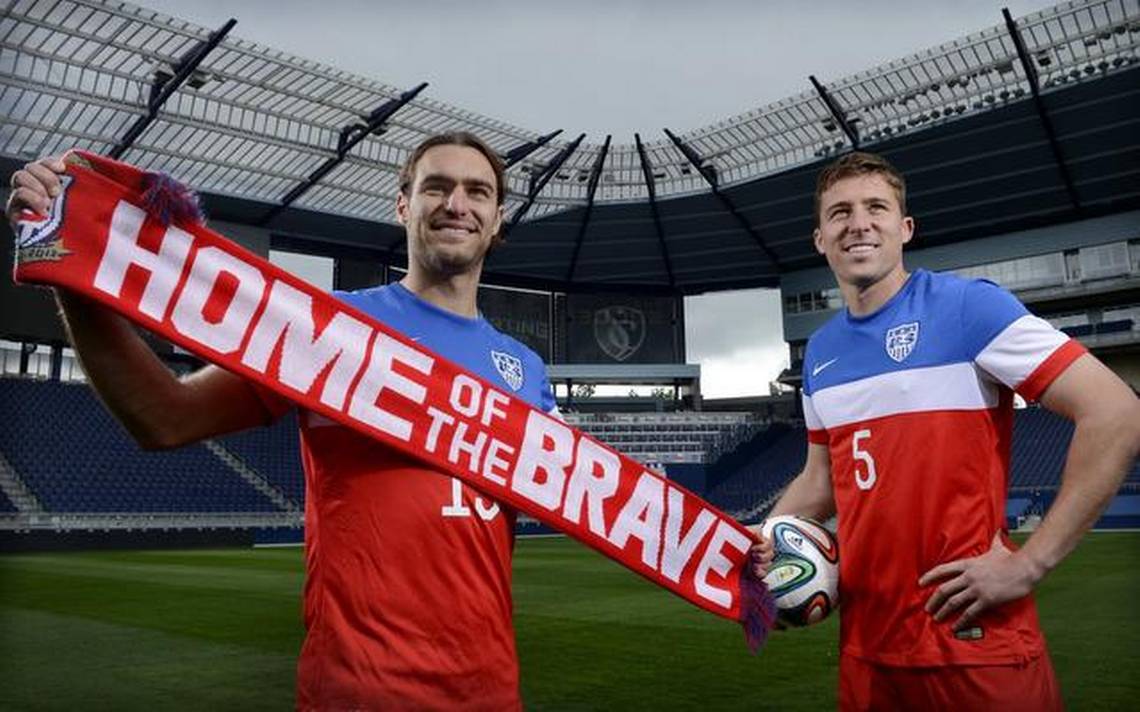
PB: Your foreword was written by Graham Zusi. You two were drafted by Sporting KC together, lived together, played for the USMNT together and now consist of two of the four starting defensive roles on Sporting KC. How important has Graham’s friendship been to your career and your life?
Besler: He’s been with me every step of the way it seems. And I don’t think I would be in the position I’m in if Graham wasn’t a part of that, that journey. I look up to Graham in a lot of different ways. He works extremely hard, he’s such a smart player and off the field, he’s one of the best friends I’ve ever had.
He’s honest and he’s loyal. He puts others ahead of himself so we’ve had a good relationship over the years. There’s been times where I’ve had to lean on him. There’s probably been times where he’s had to lean on me. And we’ve sort of quietly pushed each other. We’re both very competitive people and in a way we, even though we will never admit it, we sort of compete with each other and try and push each other along in the most positive way possible. If that makes sense.
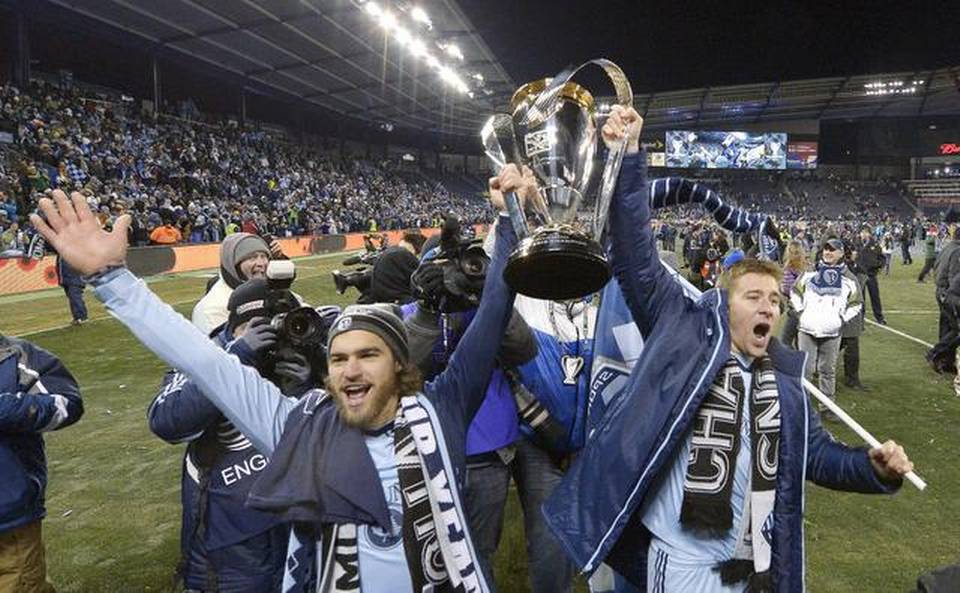
PB: About a month ago, Sporting KC won their fourth (and your third) US Open Cup. While you got to captain them to a win in 2015, it was in Philadelphia and you weren’t able to “Paint the Wall.” For the 2017 Final, you were able to win and paint the wall. Where does captaining your hometown team to a trophy at home rank among your career accomplishments?
Besler: It’s toward the top, for sure. I don’t know exactly where it ranks. One of these days when I’m done playing, I’ll take the time to step back and try and analyze accomplishments and where certain things rank. But right now, I have to stay focused on what lies ahead. But it’s certainly toward the top, it was a special night. Ever since we won our first US Open Cup in 2012, and I got to see Jimmy Nielsen paint the wall, deep down, that was something I always envied and I knew that I wanted to do one day. So it was a dream come true to be up there and be able to celebrate that night with my teammates.
PB: And there might be chances to do it again in the future. Next one could be a couple months away. [Note: This interview was conducted October 18. Since then, Sporting KC was eliminated from the MLS Cup Playoffs.]
Besler: I hope so. I know a lot of guys say it but winning championships never gets old. And when people ask you “Is this the most special?” Every one you win is the most special because, like I said, it never gets old.
PB: There is always talk about whether it’s best for a young American talent to remain in the United States or go to Europe to develop. You talk about your experience and why you stayed in Kansas City and I think out of everyone, you provide the best case study in that it’s not such an easy decision for a player. Obviously many fans wanted you, and anyone else, to go to Europe but it’s much more than on-field development.
I know you probably don’t want to make somebody’s decision for them, but many young talents are weighing these same decisions you faced so what advice would you give to someone if they are considering either staying in the United States or go to Europe?
Besler: I would suggest gathering as much information as possible and making the best decision that you can with that information. Nobody knows how a certain situation is going to work out, you can’t predict the future. The only thing that you can go off of is what you know. So you have to look into however many options you have. You have to look into all of those options as much as you can.
And then at the end of the day, you just have to make the best decision that you can make at that time, and that’s all you can do. And you have to be confident with that decision. It doesn’t matter what other people think or what other people say because they’re not in your position. You’re the one that has looked into all of these different options and you’re the one that knows the most, not these other people. So you’re the best one to make that decision for yourself.
PB: And in your particular story, you had a couple (European) teams interested. But you had to focus on your family, moving them out to Europe. If it doesn’t work there, you’re probably getting loaned out somewhere else, you have to uproot there. There may be language and cultural barriers, a lot of things that go into it where what happens on the field may be the last thing that you’re thinking of.
And I didn’t think about this until I read it, one of the things you said was that you would’ve missed out on being the captain of your hometown team and having a leadership role and that’s special in and of itself. I don’t really see that you have lost anything (staying in MLS), it would’ve just been different.
Besler: Yeah, that’s a good way to put it. Again, it’s impossible to say, “Would you be better or worse off?” Because you don’t know what would’ve happened. The only thing that you could say is that it would’ve been different. Whether that would be a good thing or a bad thing, who knows. But it all comes down to every situation is different and every individual is different. In the book, I try to just give as many details as I could.
Another thing was that I was still under contract here in Kansas City. That was something that I tried to convey because a lot of people on the outside probably just assumed that “Oh, if you want to go to a different team, you can just go over there.” Like it’s just a choice, like choosing a car. No, that’s not really how it works in professional sports, especially in Major League Soccer. As you probably know, there is a lot of different rules and contracts and mechanisms that go on so it’s actually a lot more difficult than you would think but.
And again, I was 27 at the time I think, 26 or 27. So that’s a lot different than somebody that’s 21 and making that decision. There’s a much greater window for development and for your career. So I wasn’t afforded that window. I was at a point in my career where I couldn’t afford to make a mistake with deciding where to go because if I went somewhere and something didn’t work out then…
PB: That might be it.
Besler: It might be it for you because you’re already getting up there at 27 years old. So you can’t go back. So that was a small factor, but there were a lot of different things that went into the decision.
PB: One of my favorite stories in your book was your timeline of becoming a first-time father. I won’t reveal the entire story, I’ll let everyone read it, but the main thing is that you went to Saint Vincent and the Grenadines for a World Cup Qualifier. You and your wife Amanda weren’t expecting to give birth for another couple weeks and she went into labor while you were in Saint Vincent. And because it was going to be impossible to get back in time, Amanda convinced you it was best to stay there and play and get back.
So while there, Graham actually “assisted” your first USMNT goal on the day of Parker’s birth. And then after the game, you were able to head to Kansas City to see your daughter. I have to imagine being a father has helped you as a person, has being a father helped you on the field as well?
Besler: I would say so, yes it has helped me. That was, that’s just such a crazy story. There’s just, you can’t make that kind of thing up. Preparing for it, we would go to the birthing and parenting classes and always joke, “I don’t know why I’m even here because I’m probably going to miss the birth. I’m going to be at a soccer game.” And the whole class would laugh like “Haha yeah right, you would never do that.”
And maybe we shouldn’t have made those jokes because it turned out that way but yeah there’s so many little details like that that we look back on and just laugh and smile and everything worked out exactly how it was supposed to work out. I think I say in there at the end of the story that even though I wasn’t there and I regret not being able to experience that, I don’t think I change anything about it. Because, like I said, everything worked out the way it is.
Now as a player, you find more meaning not only in your life off the field but on the field as well. You’re a more complete person and so I think that helps you on the field. It allows you to really focus on soccer when you step on the field.
PB: I can’t ignore the elephant in the room. Last week, you were playing against Trinidad & Tobago and the USMNT was eliminated in World Cup Qualifying. I probably know how you felt because I know I was in disbelief and sad and angry and I wasn’t even playing so I can’t imagine what you were going through.
But one thing I got from your book was that you take what you experience (good, bad or indifferent) in your life and turn that into a learning experience. In addition, you even write about how you deal with failure. First, how did you feel after the game was over and reality set in and now that it’s been a week, what have you learned from that night and the aftermath that you will take with you to help improve your life?
Besler: Well it’s, like you said, it’s really hard to put into words how it felt. It’s hard to explain how frustrating, disappointing, embarrassing, all of those things. I think there’s no sense in me trying to explain because it’s all been said. Everyone has come out and said all of those words and probably 50 more. And so I could choose any of those words and plug it into how I felt.
But I think what I realized in this week that’s passed is that now is when the real work starts. It took a few days to get over and you’ll never be able to go back and change it as much as I want to, but this is the test here. In the book, I talk about how you respond to failures and challenges and how difficult moments actually make you stronger and they help build character. Well, this is one of those moments. It’s probably the biggest moment that I’ve had so it’s, as hard as it is, I view it as a really big opportunity to practice what I’m preaching in the book and to bet better from it.

PB: If you do get the chance, would you want to be playing for the team in WCQ and in 2022, if you qualify?
Besler: Of course, of course yeah. That’s a long time down the road and I’m sure there’s going to be some changes and deservedly so but as a player, the one thing you want to do after a difficult moment is you want to get back out there on the field. You want to get chances to prove yourself again.
PB: That’s probably the worst thing, the next competitive competition is the Gold Cup in 2019.
Besler: Yeah it is. It’s one of those things that you can’t really control when you’re going to get the next opportunity. All you can do is just prepare yourself and be ready and when it comes up again, just take advantage.
PB: If given the opportunity, would you write another book?
Besler: I would, I would. I enjoyed the process. Like I said, I learned a lot. There was a lot more that went into it so I have the appreciation now for what the process is like. But I enjoyed it and I don’t see myself writing another book in the very near future but who knows. A little ways down the road, I might have more to say and if people for some reason think that they want to hear what I have to say then maybe I’ll write another one.
PB: Final question, what would be the one thing you want someone to take with them to use in their everyday life after reading your book?
Besler: Woo, that’s a great question. Let’s see… I would say, I like the quote that I use from Friday Night Lights, “Clear eyes, full hearts, can’t lose.” I live my life by that quote and I believe in it. I think in today’s world, there’s a lot of emphasis on winning and losing and you’re either positive or negative and there’s nothing in between. But I’m a believer in that if you have clear eyes, and you’re really focused on something and you have a clear heart, you give everything you have into something, then that’s all you can do. And at the end of the day, you can’t lose if you do that.

